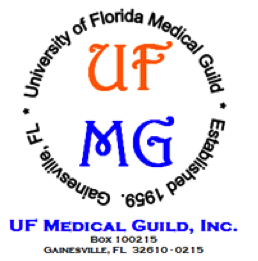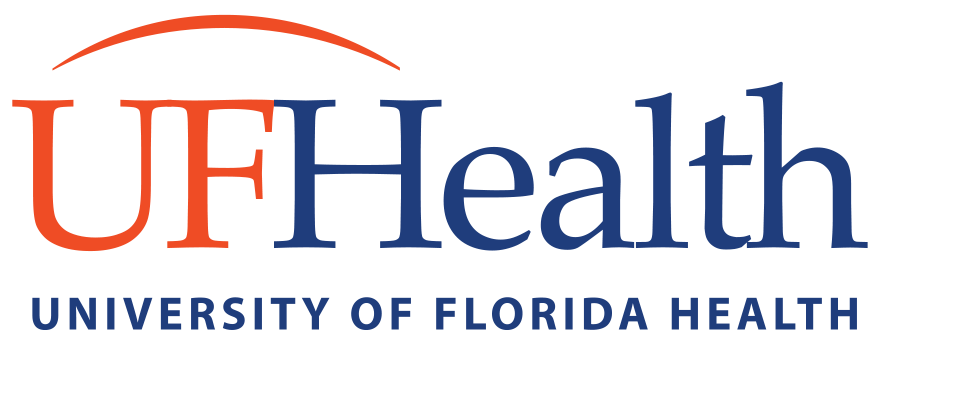The goal of this project was to allow patients at UFHealth Shands Rehabilitation Hospital to tell their story, in their words.
Ivo Rabell shares the story of his stroke and how he has chosen to be resilient
No matter where you've been in life's journey, these patients' stories will inspire, challenge and motivate you.
There has been increasing interest in the healthcare industry related to story-based initiatives. Hospitals recognize the importance of a patient-centered approach in the provision of services, but can't provide those services without understanding who patients are on a personal level.
Ivo Rabell shares the story of how he grew up in cuba and what brought him to the united states
Thanks to a grant from the UF Medical Guild, Self Narrate partnered with UFHealth Shands Rehabilitation hospital throughout 2016 to provide a story-based initiative at the hospital.
Larry shares his life story with us and the circumstances that let him to the Rehab Hospital. His outlook on life is inspriational!
Jody Davis shares stories from his life, including stories of family, legacy and receiving new knees!
As with all stories, new chapters are continually added. We visit again with Michelle as she shares some of the complicated stories of moving on from rehab.
Nancy shares deep and personal thoughts on what it is like to be unexpected hit with a neurological disease.
Michelle Warren tells her story of persevering through lifelong medical hardships
Ever wonder how some people develop resiliency through their life? This story shows how it happened through varied life experiences.
The concept behind this project: Rehab patients often face long-term debilitating illness requiring months of prolonged hospitalization and/or are facing an uncertain future due to significant injuries. The roles, habits and routines we value and engage in everyday help to define our stories. But, when the course of one's life is altered by these dramatic experiences, people are often at a loss as to how they will continue in those activities and what that means, more deeply, to the story of their personhood. As people are able to answer the question of "Who am I?" with their new circumstances they develop a "disability identity" - how one perceives him or herself in the face of a disability. People can develop both positive and negative associations with their disability identity. We believe that by helping people better examine their story prior to their new circumstances, it may help them better reflect on how to move forward and integrate their "old" story with their "new story" to create a positive disability identity. Some patients are also facing end-of-life issues, and can benefit from story development as a medium for life review.
Through the Know Your Story, Grow Your Self project, patients and their caregivers were given the opportunity by Self Narrate to share their stories. Patients’ stories were filmed and shared with their families, with future patients as a form of “virtual” peer mentorship, and on the Self Narrate website for general public education.



